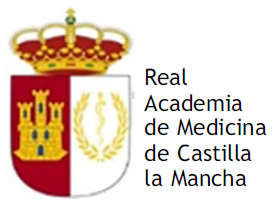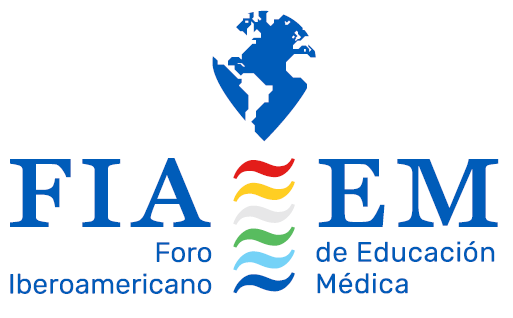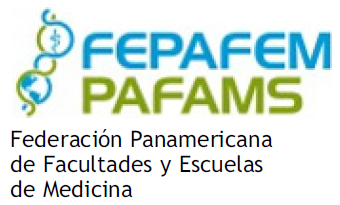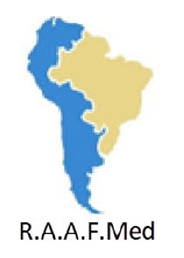Para que el español siga siendo una lengua de cultura ha de contar con las palabras que permiten entender el mundo y, en buena medida, esas palabras, hoy, surgen del universo de las ciencias. Por eso, el papel de los periodistas científicos, que son quienes, con los científicos, dotan a sus conciudadanos de esas nuevas palabras y, por tanto, de esos conocimientos novedosos, es esencial. Entre el rigor y la prisa que caracterizan al mundo de la información, los periodistas han de encontrar tiempo para verter al español con las palabras adecuadas los nuevos conceptos. Las redes sociales y su inmediatez son un método ideal que permite enfrentarse a ese binomio prisa-rigor. Si se sigue y se pregunta a las fuentes adecuadas, por ejemplo, en Twitter, a la Real Academia Española de la Lengua (@RAEinforma), a la Fundéu (@Fundeu) y a Fernando Navarro (@navarrotradmed), es sencillo encontrar las respuestas adecuadas y canónicas a las dudas sobre cómo llamar en español a los nuevos conceptos. Si estamos de acuerdo en que el periodismo científico tiene su parte de responsabilidad en cómo se acuña el lenguaje científico en español, actuemos con responsabilidad.
For the Spanish to keep its role as a language of culture, it has to rely on the words that allow understand the world; in a good part, these words belong to universe of the sciences. Thus, the role of the scientific journalists, those who participate with scientists in providing the scientific idiom to their fellow-citizens, has become instrumental. Between the rigour and the hurry that characterize the world of information, the journalists should find the time to pour out into Spanish everyday vocabulary suitable words for new concepts. The social networks and its immediacy are good media for successfully facing this binomial hurry/rigour. By following suitable sources, such as in Twitter the Royal Academy of Spanish Language (@RAEinforma), Fundéu (@Fundeu) and Fernando Navarro (@navarrotradmed), it is simple to find the suitable and canonical answers to any doubts arising when translating new concepts into Spanish. If we agree on that as scientific journalists we are sharing our part in how the scientific language is coined in Spanish, let’s act with responsibility.








